System-sounds.com converts the orbits of Jupiter moons Io, Europa, Ganymede and Calisto into a mind-bending visual and audio experience.


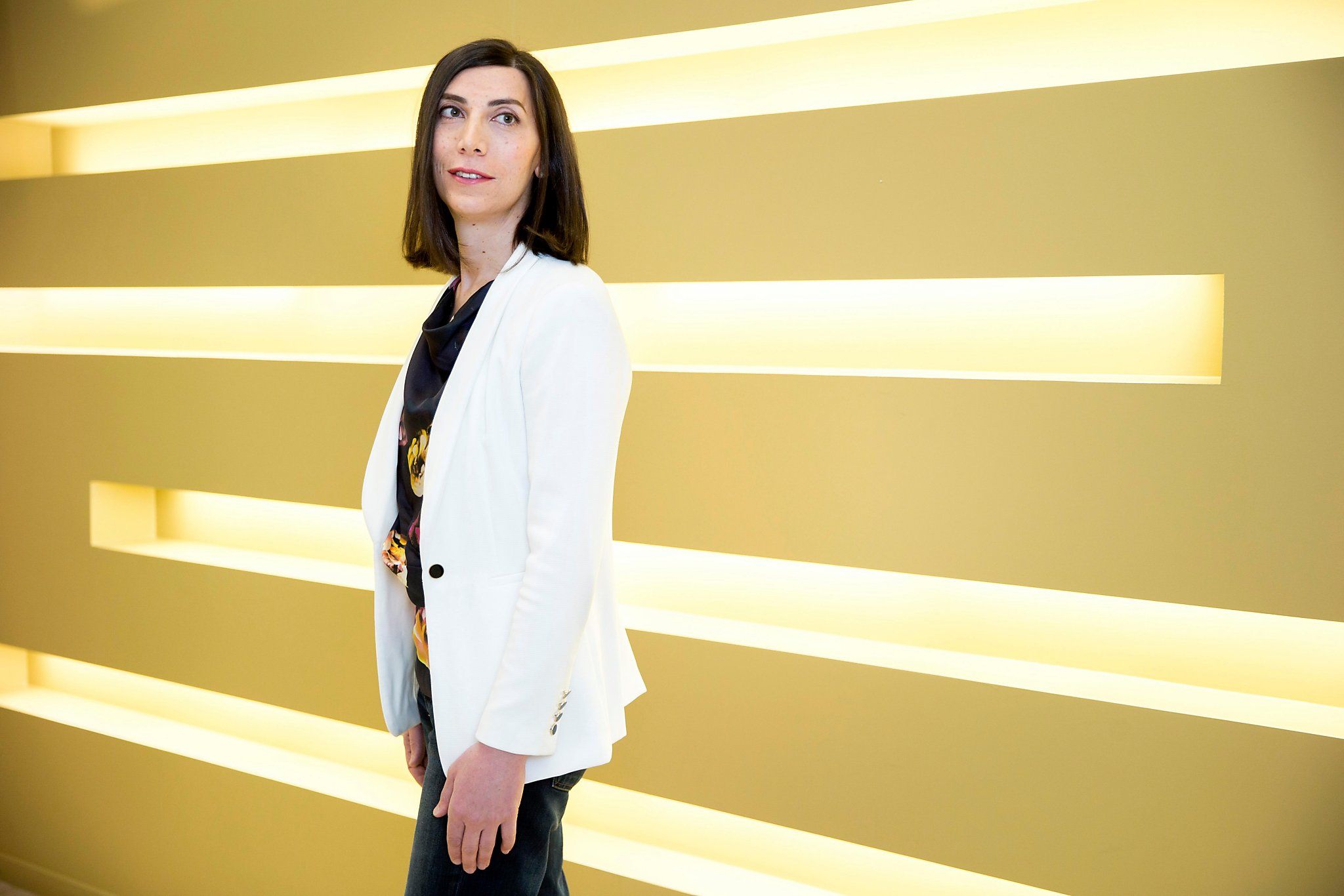
In the heart of San Francisco’s Mission Bay neighborhood, which not long ago was dirt lots and warehouses, Emily Leproust is cooking up what she — and $209 million worth of investor cash — believes is the future of DNA production.
Leproust is CEO of Twist Bioscience, a 5-year-old biotech company striving to make the production of synthetic DNA — which is used in fragrances, genetically modified foods and pharmaceutical drugs — cheaper, faster and smaller.
The same lab-manufactured DNA, Leproust hopes, could also transform the way data, from music to medical records, is stored.
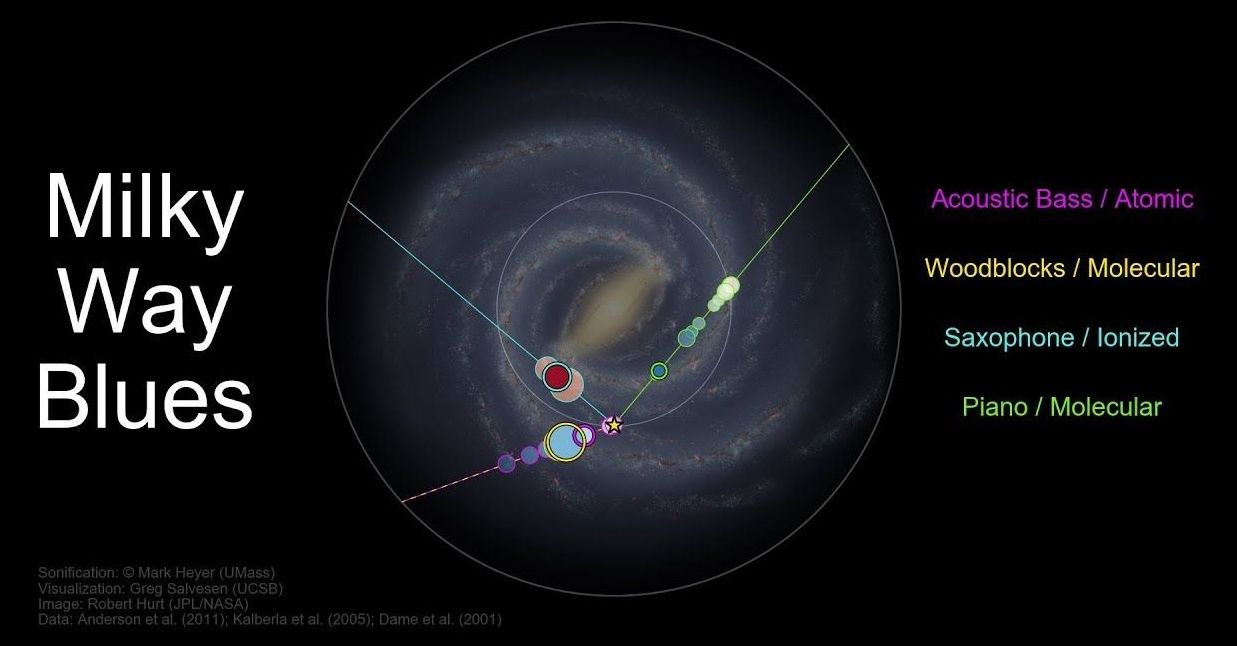
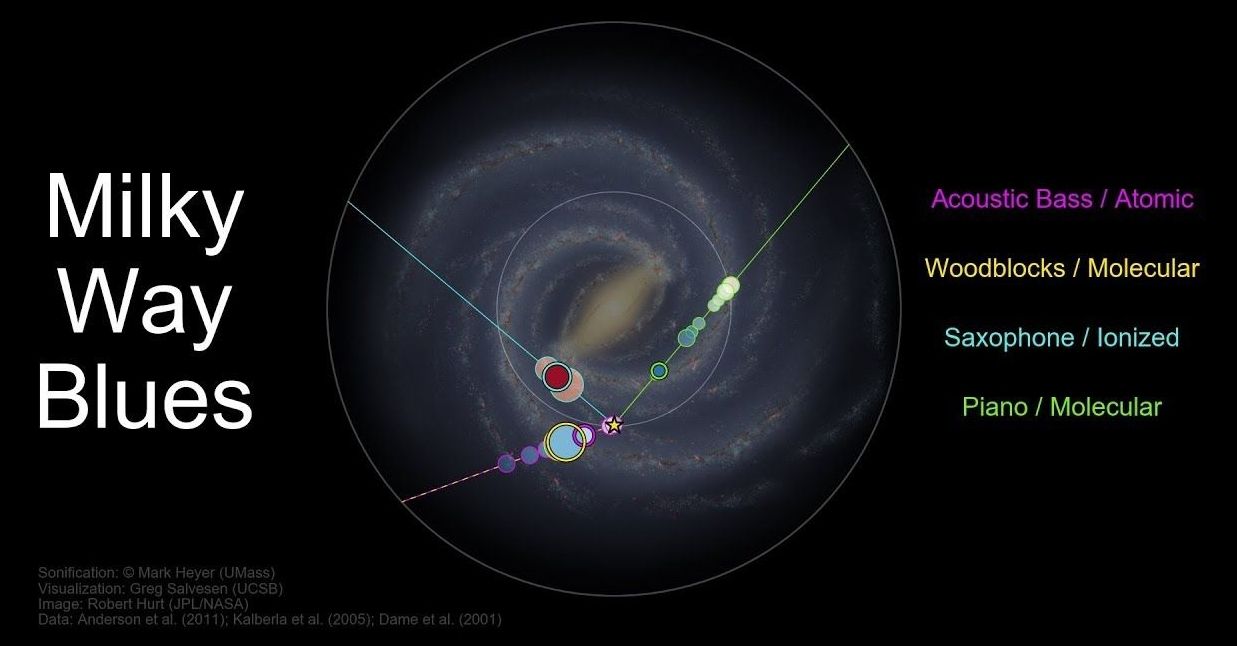
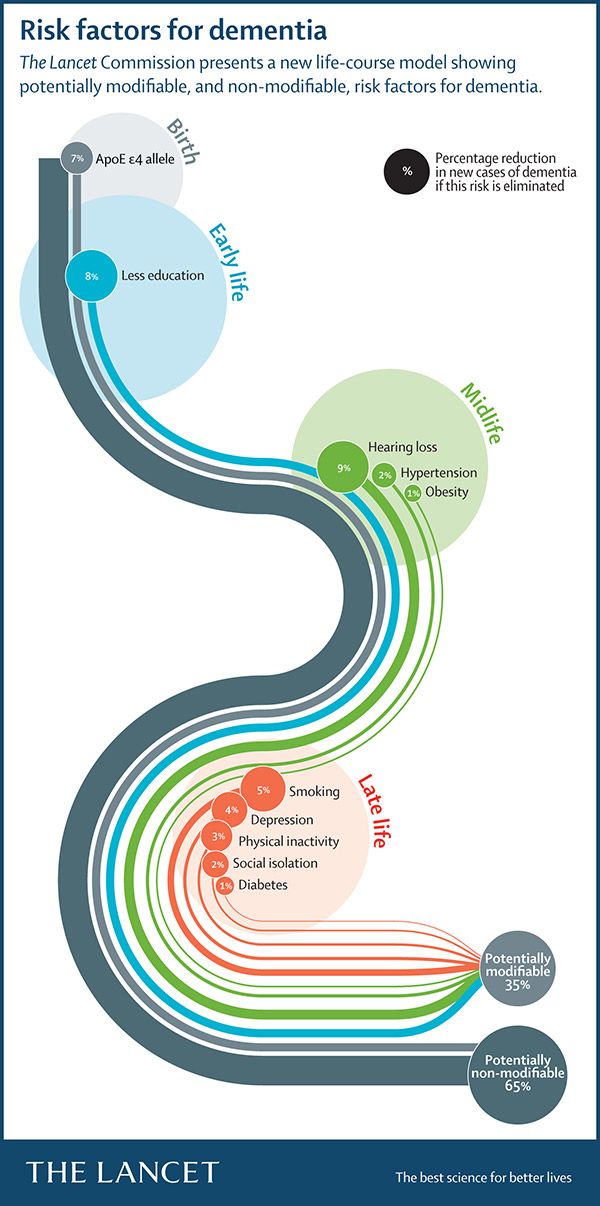
Not surprising and yet fascinating to actually see — “The researchers found that music activates the brain, causing whole regions to communicate. By listening to the personal soundtrack, the visual network, the salience network, the executive network and the cerebellar and corticocerebellar network pairs all showed significantly higher functional connectivity.”
“Ever get chills listening to a particularly moving piece of music? You can thank the salience network of the brain for that emotional joint. Surprisingly, this region also remains an island of remembrance that is spared from the ravages of Alzheimer’s disease. Researchers at the University of Utah Health are looking to this region of the brain to develop music-based treatments to help alleviate anxiety in patients with dementia. Their research will appear in the April online issue of The Journal of Prevention of Alzheimer’s Disease…
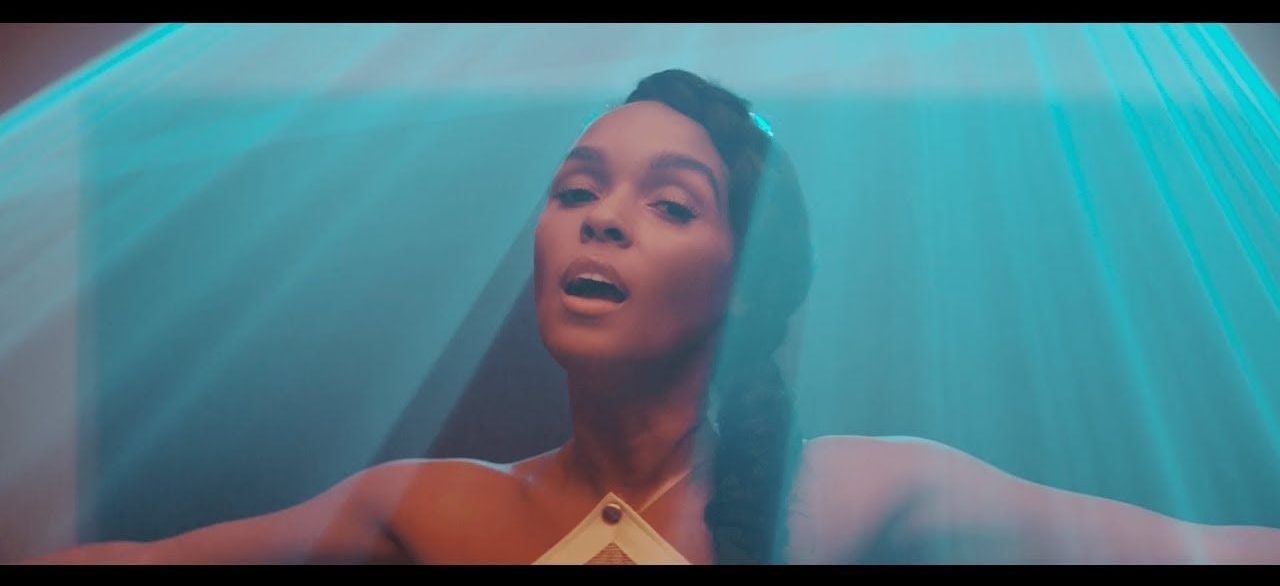
What do you get when you mix science fiction with music and some of the most powerful and important social issues to date? You get Janelle Monáe’s highly anticipated short film (or as Monáe astutely calls it ‘Emotion Picture’) Dirty Computer, which accompanied her new album by the same name.
A futuristic celebration of queer love, black and female power, and the nonconforming individual identity!

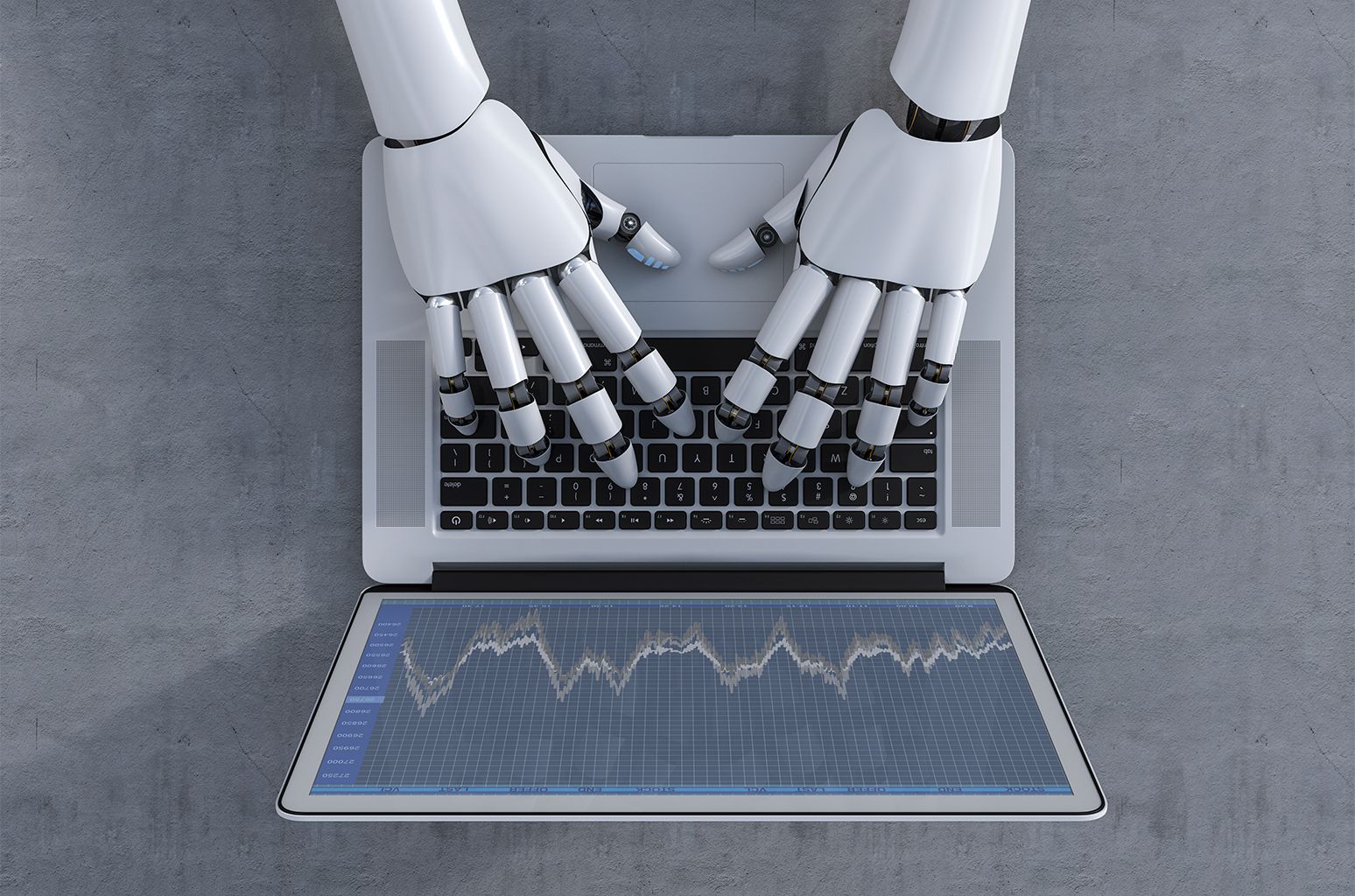
There is an enduring fear in the music industry that artificial intelligence will replace the artists we love, and end creativity as we know it.
As ridiculous as this claim may be, it’s grounded in concrete evidence. Last December, an AI-composed song populated several New Music Friday playlists on Spotify, with full support from Spotify execs. An entire startup ecosystem is emerging around services that give artists automated songwriting recommendations, or enable the average internet user to generate customized instrumental tracks at the click of a button.
But AI’s long-term impact on music creation isn’t so cut and dried. In fact, if we as an industry are already thinking so reductively and pessimistically about AI from the beginning, we’re sealing our own fates as slaves to the algorithm. Instead, if we take the long view on how technological innovation has made it progressively easier for artists to realize their creative visions, we can see AI’s genuine potential as a powerful tool and partner, rather than as a threat.
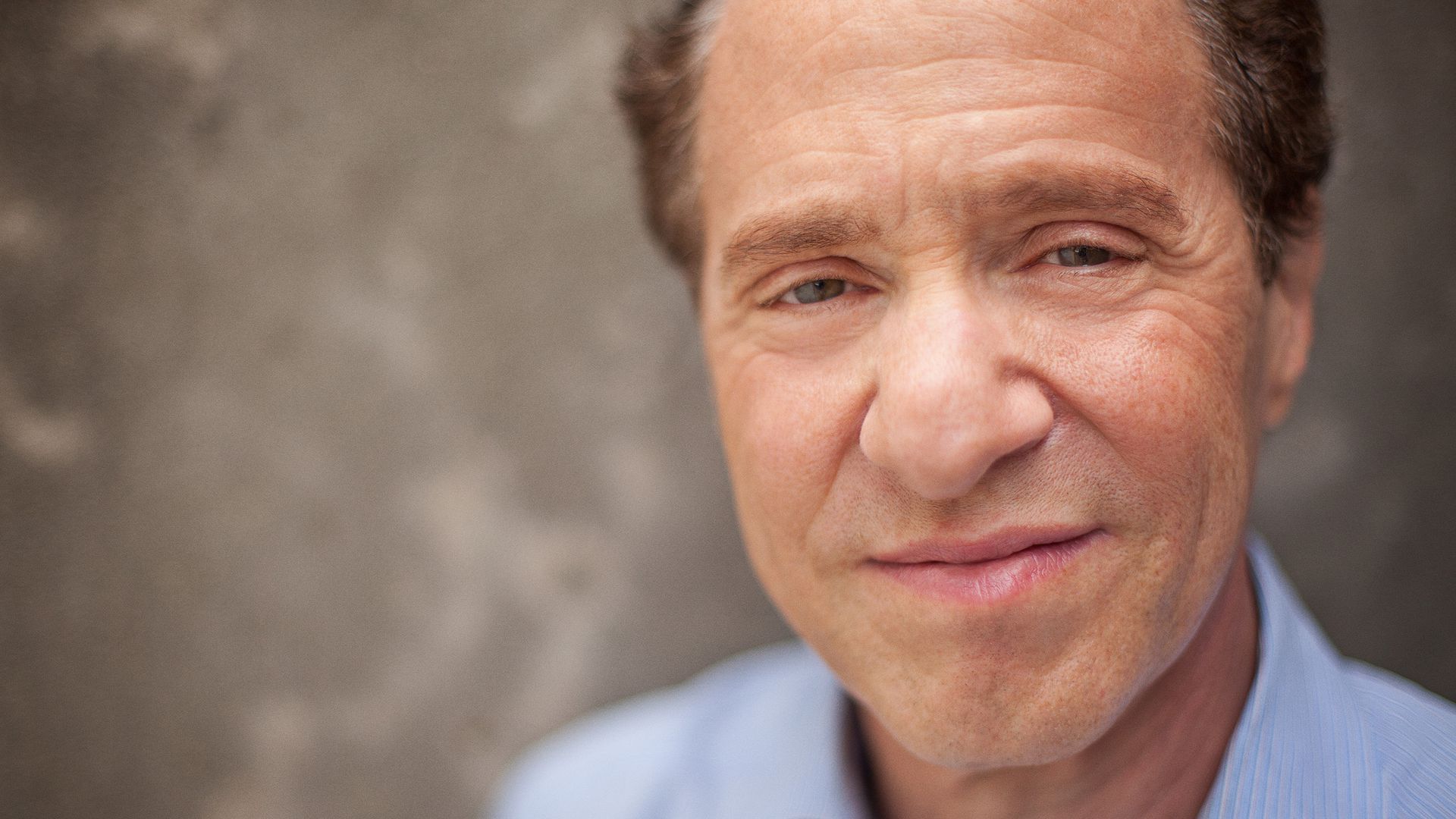
That, he said, will lead to new forms of expression, such as music, that will be as different from today’s communication as current human expression is from that of primates.
Asked how the U.S. and other countries would pay for a basic income, given existing large deficits, Kurzweil predicted that massive deflation would make goods much cheaper.
Separately: Kurzweil debuted a new Google project called “Talk to Books,” a new free tool that allows people to use their voice to ask a question and that will go find the best answers from hundreds of thousands of books. Unlike traditional search, it is based on semantics, not keywords.
